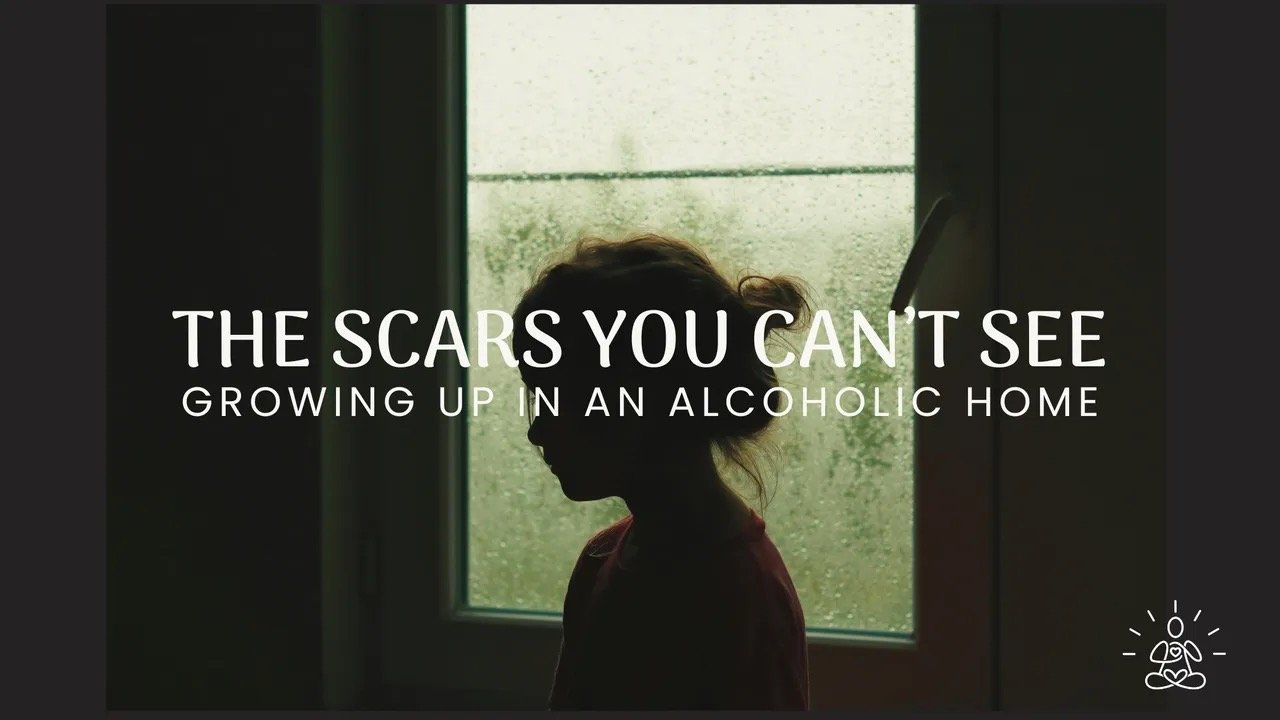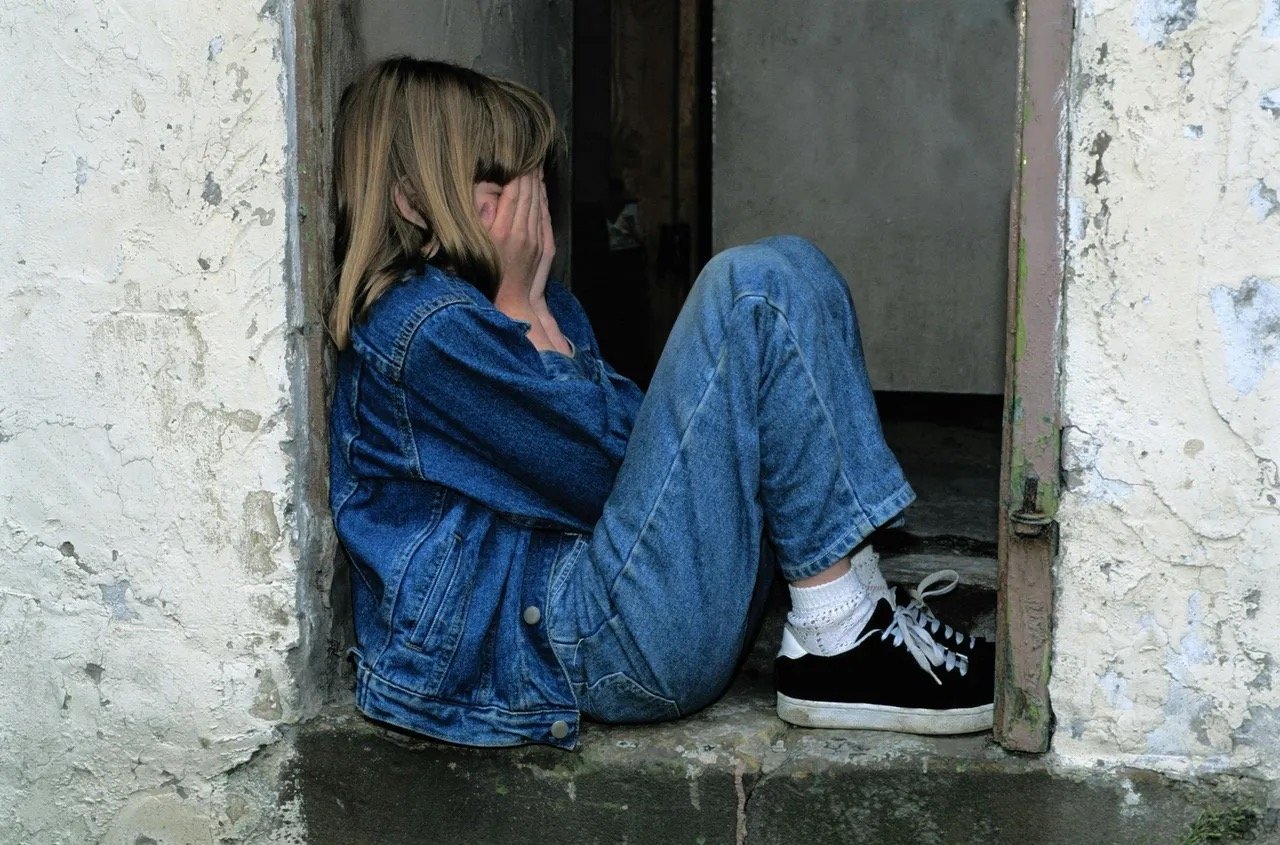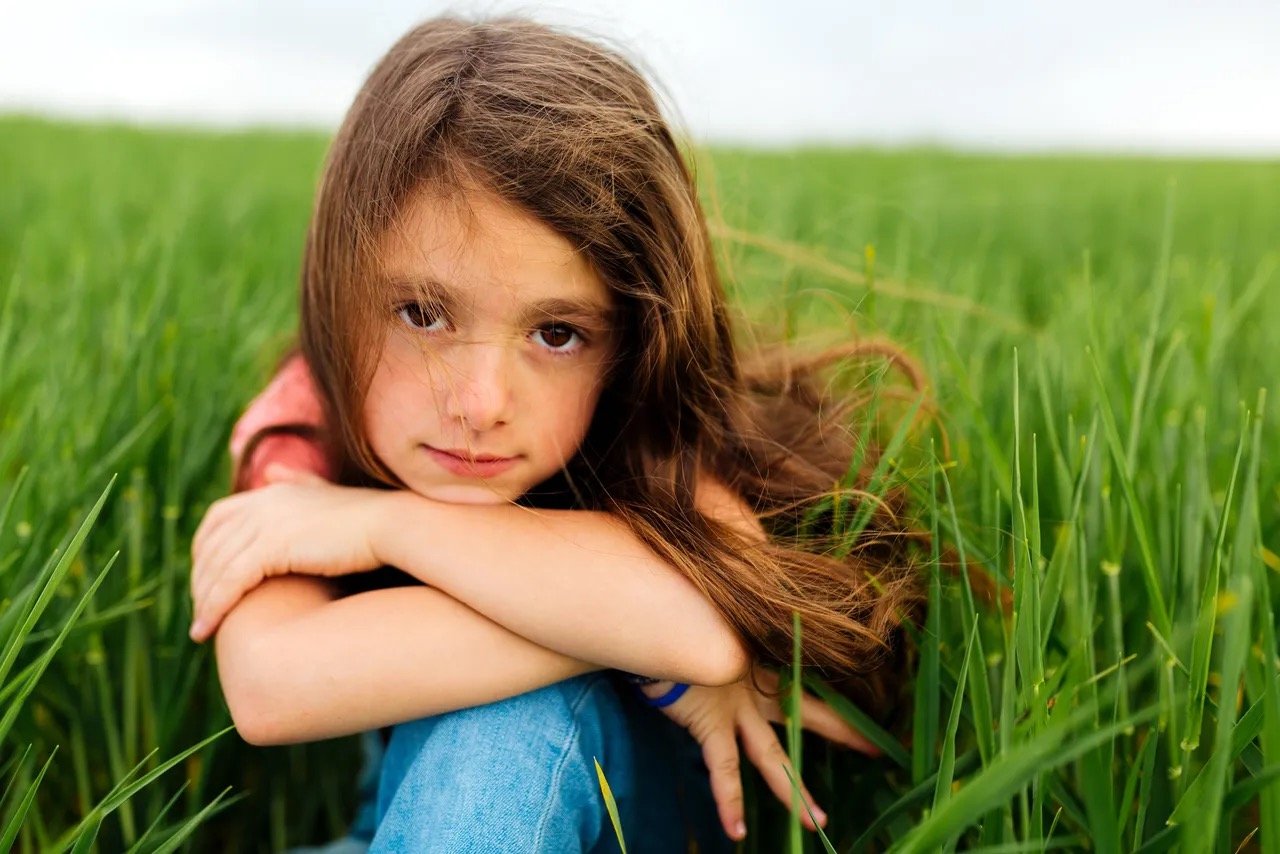The Scars You Can’t See: Growing Up in an Alcoholic Home
Growing up in a household where one or both parents struggle with alcoholism or other substance addiction can leave deep childhood trauma. For many children, this experience creates an environment of unpredictability, fear, and instability. While every family is unique, common patterns often emerge in these households, leading to emotional and psychological challenges that may persist into adulthood.
The Emotional Toll of Growing Up in an Alcoholic Home
Children in alcoholic or substance-abusing households often lack the emotional support and stability they need. As a result, they face challenges such as:
Anxiety and fear: Unpredictable behavior, mood swings, or aggression can leave children constantly on edge, trying to anticipate the next crisis.
Guilt and shame: Many children blame themselves for their parent’s addiction, believing they caused it or should be able to fix it.
Self-blame and feelings of inadequacy: These children often internalize the belief that they aren’t “good enough” for their parent to quit or that they don’t deserve love, stability, or security in relationships.
Loneliness: Keeping family struggles a secret can make children feel profoundly isolated, as though no one could understand their experiences.
Parentification: Children often take on adult responsibilities—paying bills, caring for siblings, or managing the household—because their caregivers are unavailable. This forced maturity robs them of a carefree childhood and places undue emotional and practical burdens on them.
Long-Term Psychological Effects of Growing Up in an Alcoholic Household
The effects of childhood trauma in an alcoholic home often linger into adulthood, shaping how individuals navigate their relationships and emotions, and sense of self. Adults from these environments are at higher risk of:
Trust issues: Inconsistent or unreliable caregiving can make it difficult to trust others, especially in intimate relationships.
Difficulty regulating emotions: Without role models for managing stress or feelings, emotional overwhelm or numbness may become common coping strategies.
Difficulty expressing needs or emotions: Years of suppressing their feelings to avoid burdening others can lead to challenges in advocating for themselves. They may fear that expressing emotions could lead to rejection or abandonment.
Low self-esteem: Experiences of neglect, criticism, or a lack of positive affirmation often results in persistent feelings of unworthiness and self-doubt.
Substance abuse: Some adults replicate the cycle they experienced, turning to alcohol or drugs to cope.
Codependency: A tendency to prioritize others’ needs over their own can leave them feeling drained and unfulfilled.
Breaking Dysfunctional Family Cycles Through Healing
Healing from these experiences is possible, even if it feels overwhelming. With time, self-awareness, and support, many people can break free from the patterns of their past and create healthier, more fulfilling lives.
Treatment options include:
Psychotherapy: Individual therapy can help process childhood wounds, build self-esteem, regulate emotions, and develop healthy relationships.
Support groups: Organizations like Adult Children of Alcoholics (ACoA), Co-Dependent Anonymous (CoDA), or Al-Anon provide a community of understanding and support.
Self-help tools: Books, podcasts, and online resources offer practical strategies and insights for healing.
Mindfulness and self-compassion: Practices like mindfulness, self-compassion, and journaling can help individuals reconnect with themselves, nurture their inner child, and cultivate inner peace.
Why Seek Help Now?
Healing from a difficult childhood isn’t about blaming your parents or reliving the past—it’s about reclaiming your life and allowing your wounded inner child to feel safe, loved, and capable of thriving. Therapy provides a space to explore lingering patterns, challenge harmful beliefs, and develop the tools to create meaningful change.
At Graceful Mind Therapy, I offer a compassionate, supportive environment where you can begin from childhood trauma. Whether you’re facing anxiety, depression, trauma, or simply feeling stuck, you don’t have to navigate it alone.
Take the first step today. Schedule a free consultation to start building the balance, resilience, and peace you deserve.
by Maria Perdomo-Torres, LCSW-S, MHA, CFSW



